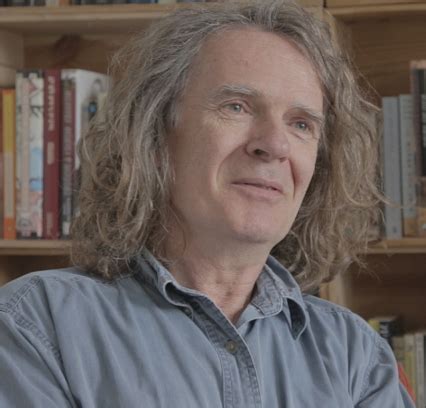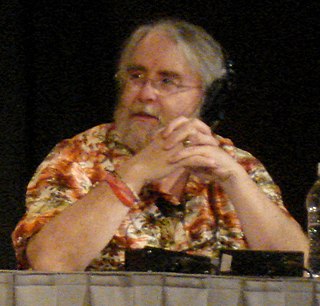A Quote by Jean-Paul Sartre
Once we know and are aware, we are responsible for our action and our inaction. We can do something about it or ignore it. Either way, we are still responsible.
Related Quotes
We begin to change the dynamic of our relationships as we are able to share our reactions to others without holding them responsible for causing our feelings, and without blaming ourselves for the reactions that other people have in response to our choices & actions. We are responsible for our own behavior and we are not responsible for other people's reactions; nor are they responsible for ours.
You do what you do - in the circumstances in which you find yourself - because of the way you are. So if you're going to be ultimately responsible for what you do, you're going to have to be ultimately responsible for the way you are - at least in certain mental respects. But you can't be ultimately responsible for the way you are (for the reasons just given). So you can't be ultimately responsible for what you do.
I'm not interested in anybody's guilt. Guilt is a luxury that we can no longer afford. I know you didn't do it, and I didn't do it either, but I am responsible for it because I am a man and a citizen of this country and you are responsible for it, too, for the very same reason... Anyone who is trying to be conscious must begin to dismiss the vocabulary which we've used so long to cover it up, to lie about the way things are.
It is not the courage to be that we must develop as much as the courage to become. We are responsible for our destiny. The meaning of life is not located in some hidden crevice in the womb of nature but is created by free persons, who are aware that they are responsible for their own futures and have the courage to take this project into their own hands.
Under the discipline of unity, knowledge and morality come together. No longer can we have that paltry 'objective' knowledge so prized by the academic specialists. To know anything at all becomes a moral predicament. Aware that there is no such thing as a specialized effect, one becomes responsible for judgments as well as facts. Aware that as an agricultural scientist he had 'one great subject,' Sir Albert Howard could no longer ask, What can I do with what I know? without at the same time asking, How can I be responsible for what I know?







































